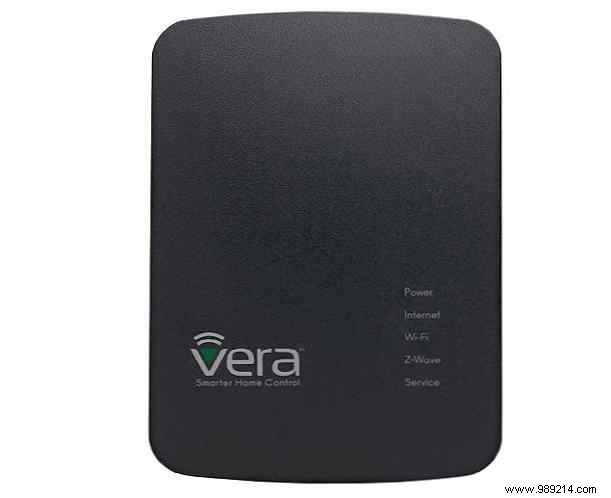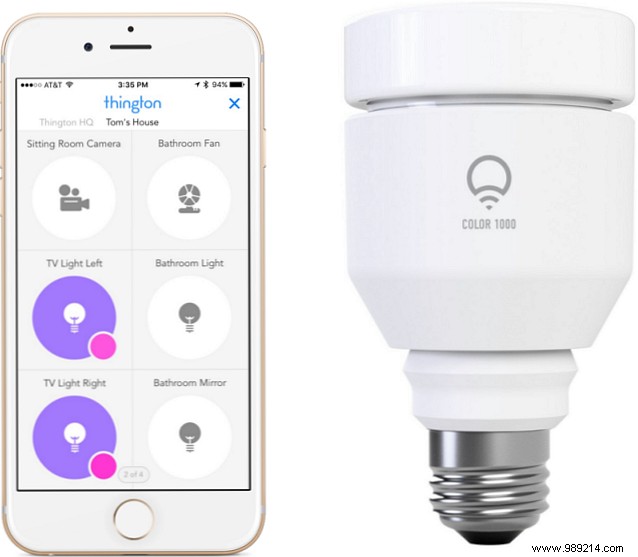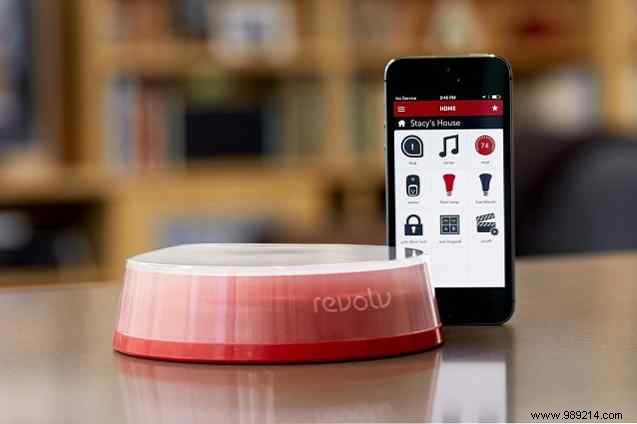Smart home technology has surged in popularity, with millions of households now using devices like Nest Thermostats and Philips Hue lights. Yet, one key challenge remains: managing dozens of gadgets, each with its own app. The solution? A central smart hub.
These compact devices connect to your home network, automatically detect compatible smart products, and let you control everything from one intuitive interface—eliminating app overload.
Choosing the right hub is complex, as each supports different protocols like Z-Wave or Zigbee, limiting device compatibility. From years of testing smart home setups, I've seen how the best hubs unify ecosystems reliably.
Samsung's SmartThings stands out as a market leader. This hub works with hundreds of devices, including Samsung's own lineup, Z-Wave (up to 227 devices), Zigbee (thousands possible), IFTTT, Nest, and Amazon Echo. Connectivity includes Ethernet, two USB ports, Bluetooth, Wi-Fi, and a battery backup for outages. The second-generation model costs $99 on Samsung's site or $79.99 on Amazon, available via retailers like Currys in the UK.
Performance note: Adding many devices can strain the network, so monitor reliability in larger setups.
VeraEdge, priced at $99.95, focuses on Z-Wave—the leading open standard for smart homes. It supports devices from Yale, Logitech, Honeywell, and more. Buy it on Amazon for around $76.95.

Retailers like Staples (Staples Connect Hub, ~$50 or £59.99 UK, Z-Wave) and Lowe's (Iris, $50, Z-Wave/Zigbee with battery backup) offer budget options. However, Iris requires a $10/month subscription for full features and is U.S.-only.
Buyer beware: Cloud-dependent hubs can vanish. Google-owned Nest acquired Revolv in 2014, only to shut it down in 2016, bricking $300 devices and sparking outrage. Nest refunded users, but it highlights the peril of tying hardware to volatile services.
Companies pivot—think Windows XP or Google Reader shutdowns. Prioritize hubs with local control.
Hubs simplify control, but software solutions shine too. Yonomi (free, iOS/Android) manages Belkin WeMo, Nest, Jawbone, Amazon Echo without hardware.
ThingTon (iOS-only) unifies Philips Hue, Belkin WeMo, Automatic, Netatmo, with guest access features.

Apple's HomeKit, now with Philips, Elgato, GE support, integrates seamlessly into iOS.
As smart devices proliferate and prices drop, hubs appeal for streamlined control. But I recommend waiting. The market is nascent—no dominant standard exists amid Z-Wave, Zigbee, and proprietary protocols like Amazon's. Tech giants like Google and Apple are jockeying for position, and acquisitions can kill products overnight (e.g., Revolv). Lowe's Iris already shows weak adoption.

For small setups, skip the hub. Larger ones? Try Yonomi or HomeKit first. Maturity will bring better interoperability.
What's your setup? SmartThings user? App loyalist? Share in the comments.